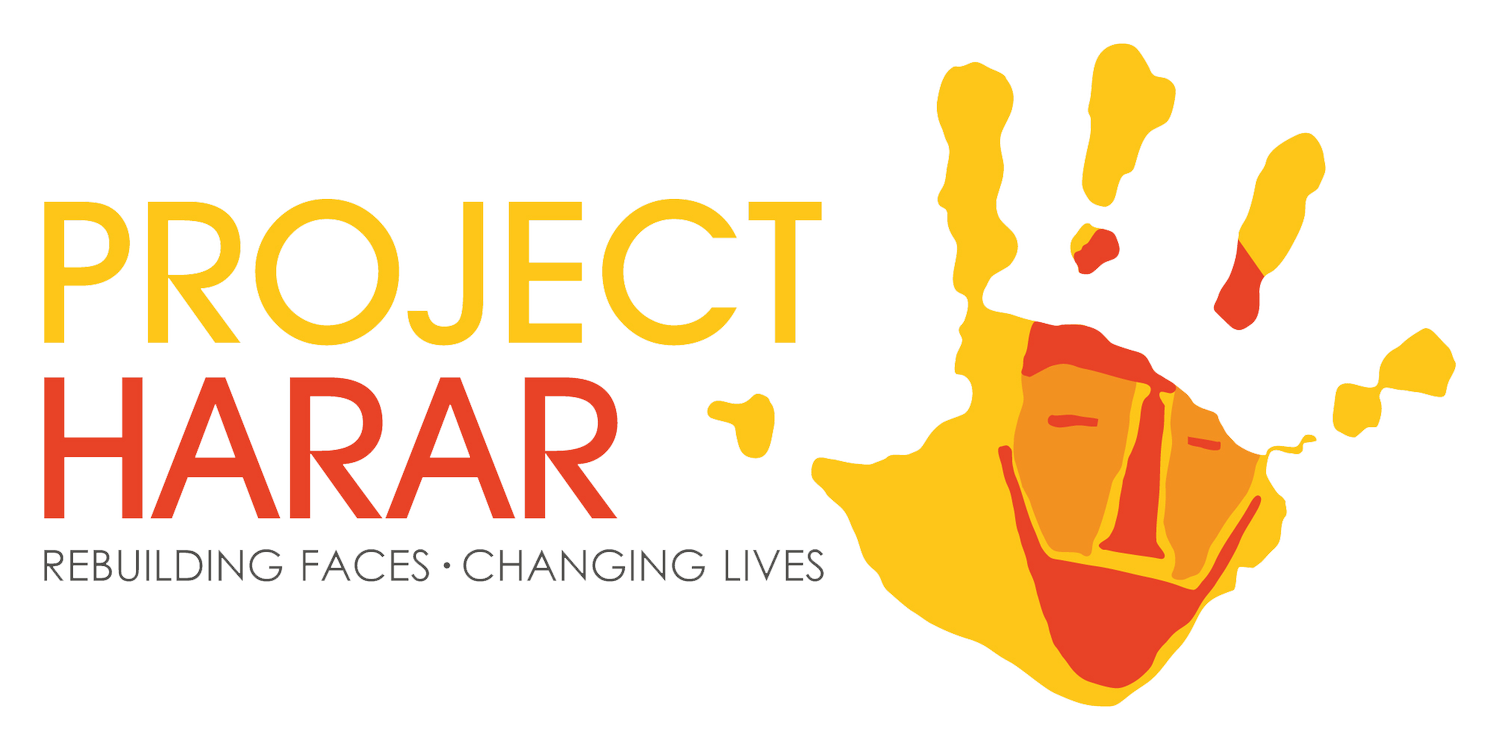Restoring Smiles for Refugees in Gambella
During the month of March Project Harar collaborated with Help Age International to help families living in the Nguenyyiel refugee camp, Gambella, access vital treatment for cleft lip and palate.
Gambella is a region within the west of Ethiopia, bordering South Sudan. The region also hosts over 300,000 refugees from South Sudan residing in 7 existing camps and is known to be one of the most insecure regions of the country. The families who accessed Project Harar's services are from South Sudan, but had to flee their country because of the devastating impact of civil war, seeking refuge in Ethiopia. The families have been exposed to devastating famine, unsanitary living conditions and extreme poverty.
These experiences have been made even more challenging for people and young children living with untreated cleft conditions. Those with an untreated cleft lip or palate are at a greater risk of malnutrition, a cleft makes it difficult - and sometimes impossible - for infants to breast feed from their mothers and those also affected by cleft palate can face the issue of liquids and food being rejected through their nose. Poor nutrition in infants and children heightens the risks of stunted growth or other disorders caused by a lack of nutrients. Cleft care is vital to fight this, and give the child affected by cleft a fair chance at life.
Families from Gambella Nguenyyiel refugee camp that received surgery at Ethio-Tebib Hospital
The power of collaboration
An outreach worker called Mr Bham, who works in the Nguenyyiel refugee camp, contacted Project Harar about helping the families who he had met who were affected by cleft, treatment. Bham was able to travel with the families who were accessing Project Harar’s services and also acted as a translator.
Transport to and from the hospital and accommodation for the duration of their surgery and treatment was provided for free for the patients, as well as the surgery itself - down to Project Harar's long standing partnership with Smile Train.
Together, we were able to successfully provide access to treatment for the patients. These services are especially important for refugees affected by cleft as their living conditions do not support the infrastructure for access to medical resources. They absolutely need support, to be empowered and for their voices to be heard.
This programme also created a space for the patients – parents and children - from various parts of the region to connect and bond over their similar experiences – thus cultivating an empowering and uniting feeling amongst them. Cleft lip or palate is still heavily stigmatised in remote communities, with limited health monitoring and messaging. fear caused by stigma can lead to exclusion from the community and education.
Maryam and her mother before recieving treatment.
Katoria is one of the mothers that came from Nguenyyiel refugee camp, she brought her twelve years old daughter Maryam to have a cleft lip surgery at Ethio Tebib general hospital Addis Abeba.
When asked about the challenges that came from the community, Maryam told us that the community believe that children are God given and try to accept them as they are, but still there is some sort of discrimination with children that are born with cleft lips. Children in the school are also not willing to play with them most of the time. Maryam was very happy that her daughter was getting the surgery because it will help her have friends and continue with her education in the future.
These free services are especially important for refugees affected by cleft as their living conditions do not support the infrastructure for access to medical resources. Famine and poverty are often rampant in the refugee camps. So people are in dire need of this support, to be healthy, feel empowered and for their voices to be heard – this is what we strive to achieve at every programme.




